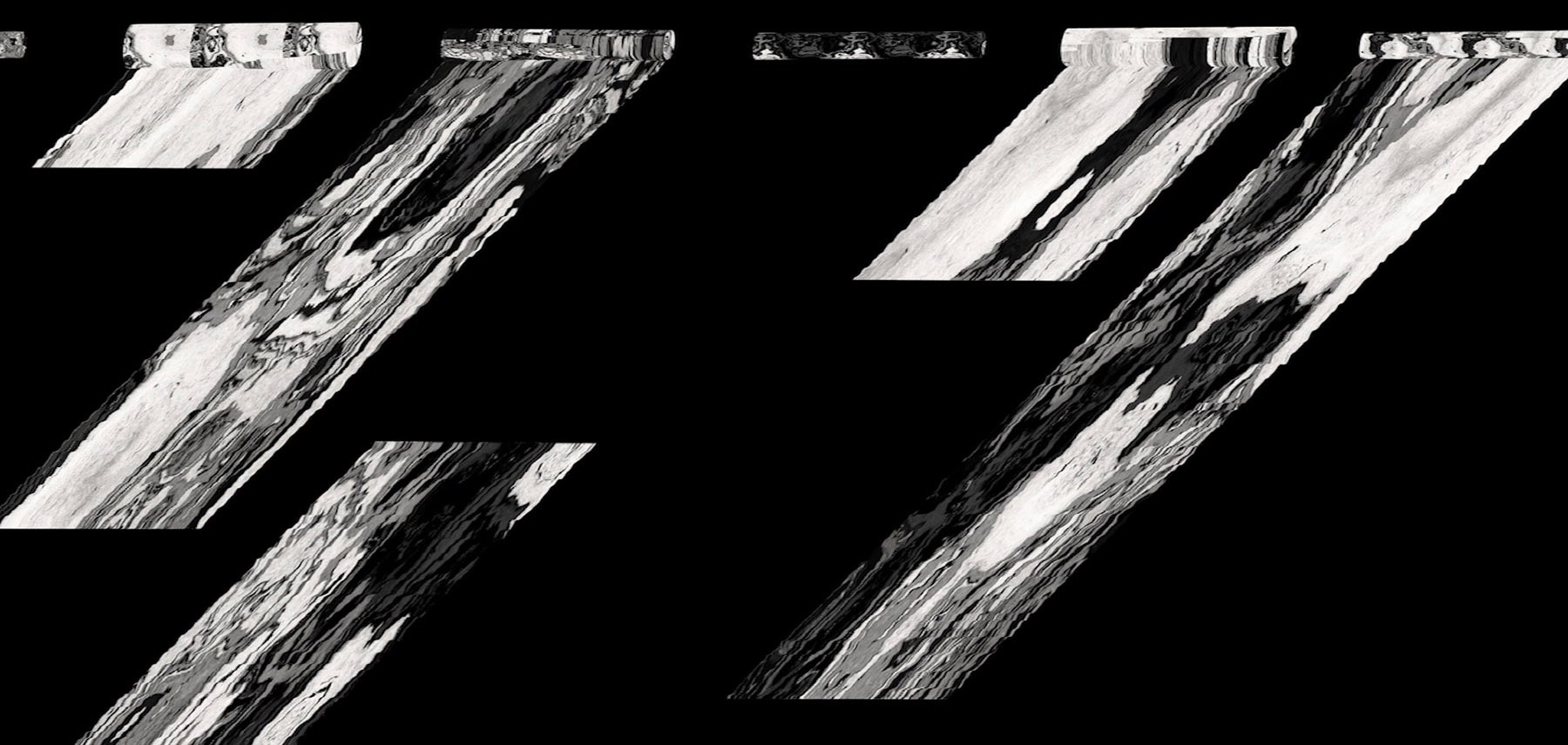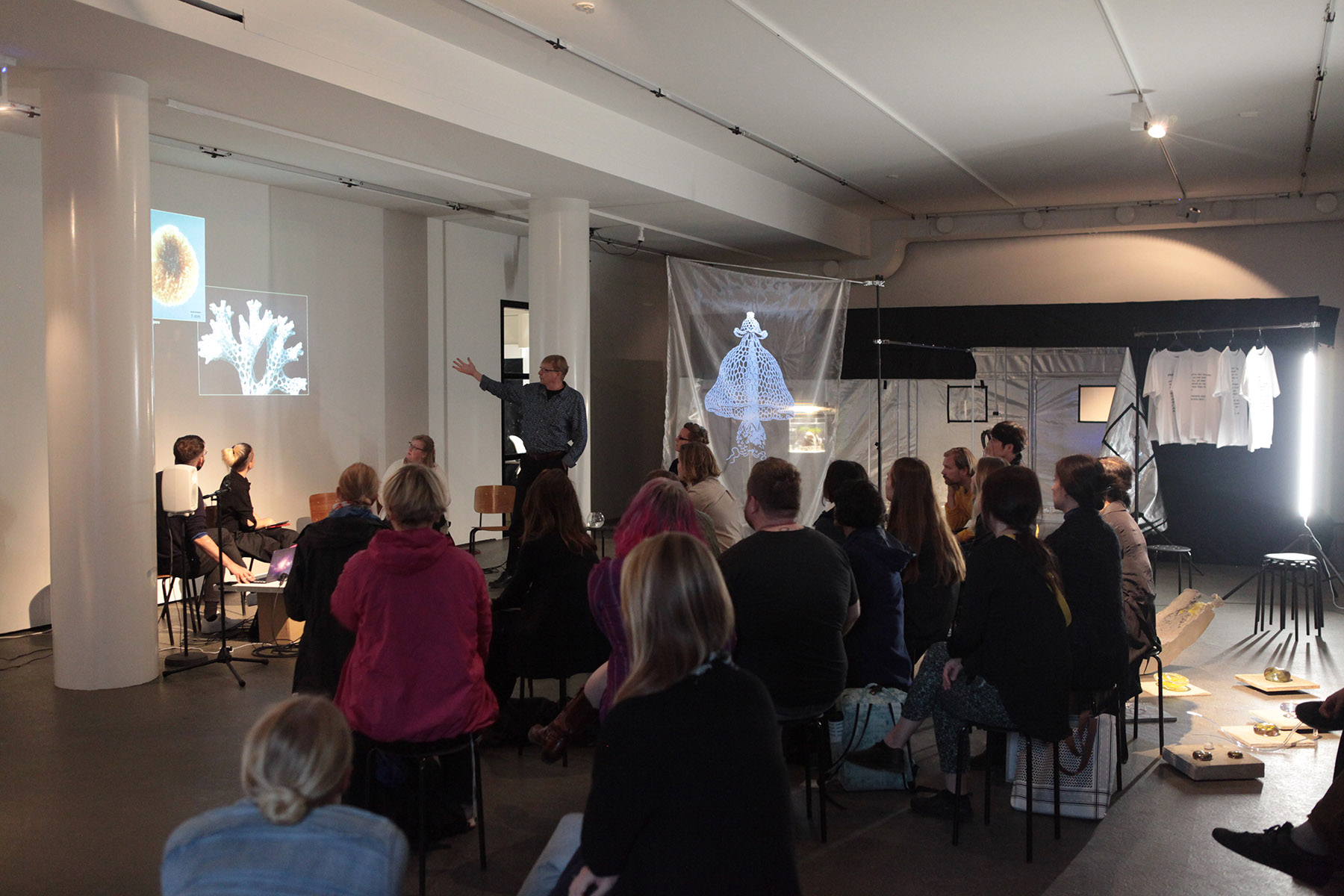Helsinki Design Residency: Sprawling work and memory

How the Helsinki Design Residency is silently carrying design research through Finnish society. (And how is time to apply for the 2020 residencies before 9 March.)
Helsinki Design Residency is silently carrying design research through Finnish society.
The call for applications is open for the 2020 Helsinki Design Residency. For a second consecutive time, three practitioners in design, architecture or related fields – one each from Russia, Sweden and Finland – will be selected to take part in the residency’s two-phase, six-week project and presentation programme.
In its ninth season, the residency – now a cooperation of Helsinki International Artist Programme with Strelka Institute, Swedish Arts Grants Committee’s programme for Visual and Applied Artists Iaspis, Helsinki Design Week and the Design Museum – has quietly grown to become a staple of Helsinki’s design calendar. The continuous iterative development of the programme’s partner network, thematic scope and public presentations since 2017 has made it an autonomously evolving vehicle of sorts for international and Finnish designers to, in conversation, probe ahead into terrains of future design and architectural thinking.


The residency’s potency is the connecting opportunities it affords for its participants and the various cooperation partners they engage with in the path of their researches. In its conception a stimulant for an exchange between professional peers of different cultural and practical backgrounds, the programme’s public presentation routine, a set of events produced at the Design Museum and Helsinki Design Week, allows their research to be shared with the public and thus discussed with different audiences as a particle of the larger societal conversation on the built environment.
Moreover, the residency fulfills a third significant function – its momentum as a medium and a pretext for designers to take their questions and methods out across such sectors of society and communal operation that by themselves are not design affine or fueled. This capacity increasingly has been sought by residents in recent years for pertinence and critical substance in their work. For example, in their 2017 project on the carbon derivative trade, Italian-Canadian researcher duo FRAUD cooperated with experts in lichen biology, the history of Finnish tar production and forest economy. Luke Jones’s 2019 research into the technology and ecology of plywood manufacturing was developed through a series of interviews with Finnish architects, industrialists, politicians and visits on-site to Finnish lobbyist offices and wood processing plants.


Providing the context and opportunity for designers to connect and work this way with domains that, nominally, lay outside the methods of designing, the Helsinki Design Residency partakes in a function that going forward will be of ever growing urgency. The establishment, step by common step, of an environment in which the quest for sustaining a humanly viable environment is understood to not depend alone on the paradigm and processes of effective optimization in which domains like engineering and management excel, but on a joint and methodically composite cultural process, in which the imaginations we have of ourselves, our actions and our habitat are accounted for and sought to be reformed.
In mutuality with other initiatives and bodies, the auto-evolutionary question-and-answer game that the Helsinki Design Residency is conceived to help play out, and the memory that it provides by way of its sustained and developing partnership network, will contribute important active molecules to this joint undertaking.
The Design Residency is curated and produced by Martin Born, curator, designer and initiator of the Helsinki Design Library.
Apply now for this year’s residency. The application deadline is 9 March 2020.
Featured image: Luke Jones: You are in a forest, 2019 (video still)